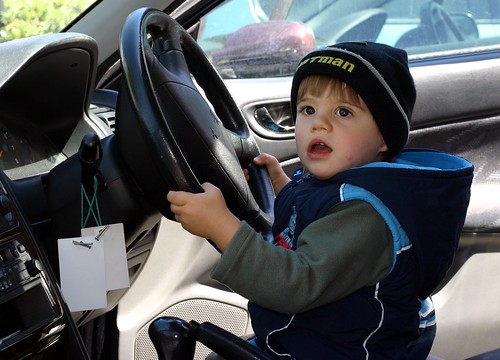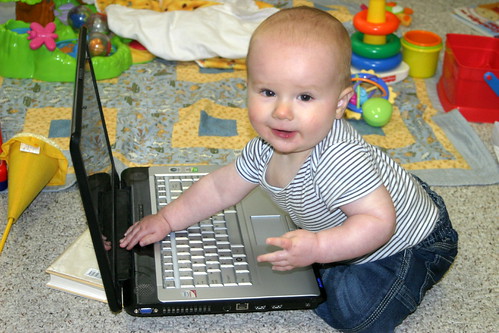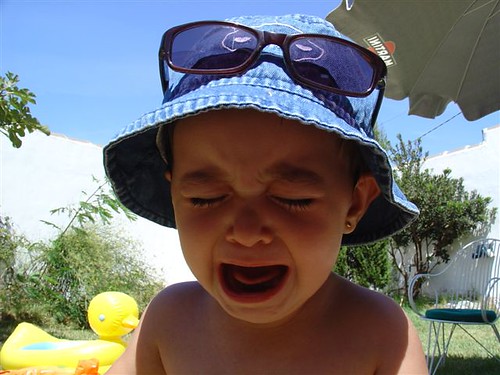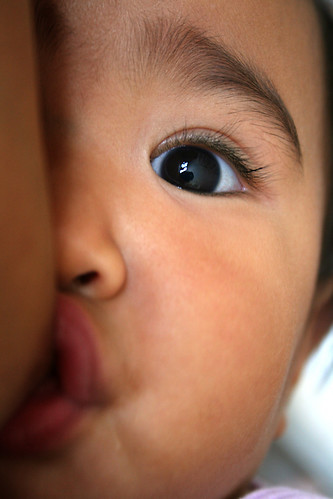One of the things I appreciate about social media is the opportunity to connect with so many wonderful people, and to learn so much from them. One of the ways I connect and learn is through participating in chats on twitter. There are chats on any number of subjects on any given day, and each chat has it’s own purpose and feel. Chats can range from light and informal, to serious and educational. All chats provide a great opportunity to network, and interact with a number of others who have an interest in the same subject matter. #pschat is one I participate in on a fairly regular basis (as my work with children allows). It is hosted by the lovely Lela Davidson who is the author of Blacklisted From The PTA, and editor of the parenting squad site.
The majority of the women (and a few men) who participate in the chat are parents, and the topic each week varies, but it usually centers around a current “hot button issue” in parenting. The conversation is lively, and the tone is often lighthearted and funny, and I’ve made some lovely connections. Most of all, I enjoy “listening in” and hearing from parents regarding their honest thoughts on their parenting challenges and joys. As is my wont, I often play devil’s advocate and bring my own unique point of view to the arena.
This week, the topic and the conversation took a more serious turn than usual, as the discussion centered on a news story that has been making the rounds recently. The story is about Jessica Beagley, more commonly referred to as the “Hot Sauce Mom.” She lives in Alaska with her children, two of them adopted from Russia. In this segment, which aired on national television, and was filmed by her daughter, Jessica punishes her seven year old son for misbehaving at school and lying about it, by washing his mouth out with hot sauce, and forcing him to take a cold shower. Jessica is now being investigated for and charged with child abuse.
Needless to say, there were strong reactions and varying opinions on this topic, and the conversation quickly veered toward this general question: “What are effective ways to discipline children?” Everyone participating in the conversation seemed to agree that it is necessary to “teach” discipline, but there was disagreement as to the best approach, with some advocating for the use of “judicious” spanking, others for time out, some for consequences such as the removal of TV and computer privileges, and still others advocating for more gentle and respectful ways of instilling discipline.
It was clear that we weren’t all going to reach an agreement, but to me, that’s fine. What is important, as far as I’m concerned, is that the conversation is taking place. As my friend Suchada says, “The more people talk, the more the word is out there. It’s the only way change will happen.” One Mom, who is a believer in spanking as a form of teaching discipline, ended up asking those of us who believed discipline was possible without spanking for resources that gave alternative (effective) ways to discipline children. My final comment, which was passed on by many was this: “We’ve GOT to separate “discipline” from physical punishment, and shame. You can accomplish one without the other!”
Lela concluded with a question to me which inspired this post: ” How do you instill authority? Because at some point the kid has to STOP when you say so, instead of running in the street.” There is no answer to Lela’s question that can be given in 140 characters, which is what one is limited to on twitter. It so happens I wrote a series of posts on the topic a few years ago (before anyone knew I even had a blog). So, over the course of this week, I am going to share those posts, but I am also going to be writing some new ones on the topic, because this chat made me realize that I have more to say about disciplining children, and the story of the “Hot Sauce Mom” made me realize that parents really need (more) support and specific guidance regarding how to accomplish their goal of teaching children to behave in socially acceptable ways, without using physical punishment or shame.
My goal is to support families and teachers of young children to find ways to discipline that are both respectful to the child, and that work! I want to be clear that I’m not coming from a place of judgment, nor am I a (self proclaimed) expert. I believe people love their children, and do the very best they can as parents (even Hot Sauce Mom) given their own childhood and life experiences. I also believe that there are effective ways to discipline children that don’t involve using physical punishment, instilling fear, threatening disconnection, shaming, or intimidating them. Not only do I believe this, I know it to be true, based on my (ongoing) education, personal observation, and professional practice and experience.
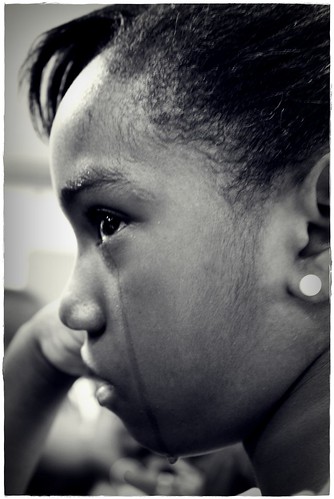
Why am I so passionate about sharing this message, information, and resources for alternatives to physical punishment as a means to discipline? The answer is borne out of my own experience as a child. I was disciplined in very traditional ways: “Do as I say, not as I do.” “If you don’t follow the rules, you will be punished.” I was bribed to be “good” – “You won’t get xyz if you behave like that.” “You’ll get $5.00 for every ‘A” on your report card.” “You won’t get dessert if you don’t eat all your dinner.” “Why can’t you be more like your sister?” I was shamed, and told I was a “bad child,” when I did “wrong,” and I was hit with a wooden spoon for general “disobedience,” slapped across the face for being “fresh” and sassing back, and I had my mouth washed out with soap for saying bad words.
I am forty eight years old, and I still remember the pain (both emotional and physical) and the outrage I felt when these “punishments” were meted out. I both loved and feared (and sometimes hated) my parents. The message I received and internalized was this one: “I am inherently bad.” I learned to be outwardly compliant, and to cover my tracks and lie very well. (In fact, much to my embarrassment, I was voted “Best Alibi Artist” my senior year of high school.) I also learned to be dependent on outside evaluation, and to look outside of myself to decide how to conduct myself and how to live my life, as opposed to developing an inner moral compass to use as a guide. As I shared during the chat, the way my parents chose to discipline me… “may have kept me out of trouble as a kid, but kept me in therapy for most of my adult life.” (My brother and sister didn’t fare as well. My sister committed suicide at the age of fifteen. My brother is still alive, but lost to his addiction to alcohol and drugs.)
Please understand that I love my parents, and I know and believe that they love me. I understand they did their very best to raise me (and my sister and brother) in the only way they knew how, and the way they thought would ensure my happiness and success in life. This is not about blaming or bashing anyone- least of all my parents. In fact, I believe I have my parents to thank for leading me to study with Magda Gerber, and to my ultimate passion, which is the work I do to support children and families. I believe my experiences as a child have also helped to make me a less judgmental, more compassionate person, in general. (I’d just like to see more children get to where I am today, with a little more joy and ease, and a little less shame, and I’d like the same for parents!)
I’d like to end this post with two questions that I hope you will respond to, so that I can make the next posts I write as empowering and helpful to you as possible: 1) What is (or should be) the goal of discipline? 2) What is your biggest challenge, fear, or question when it comes to teaching your child discipline?

